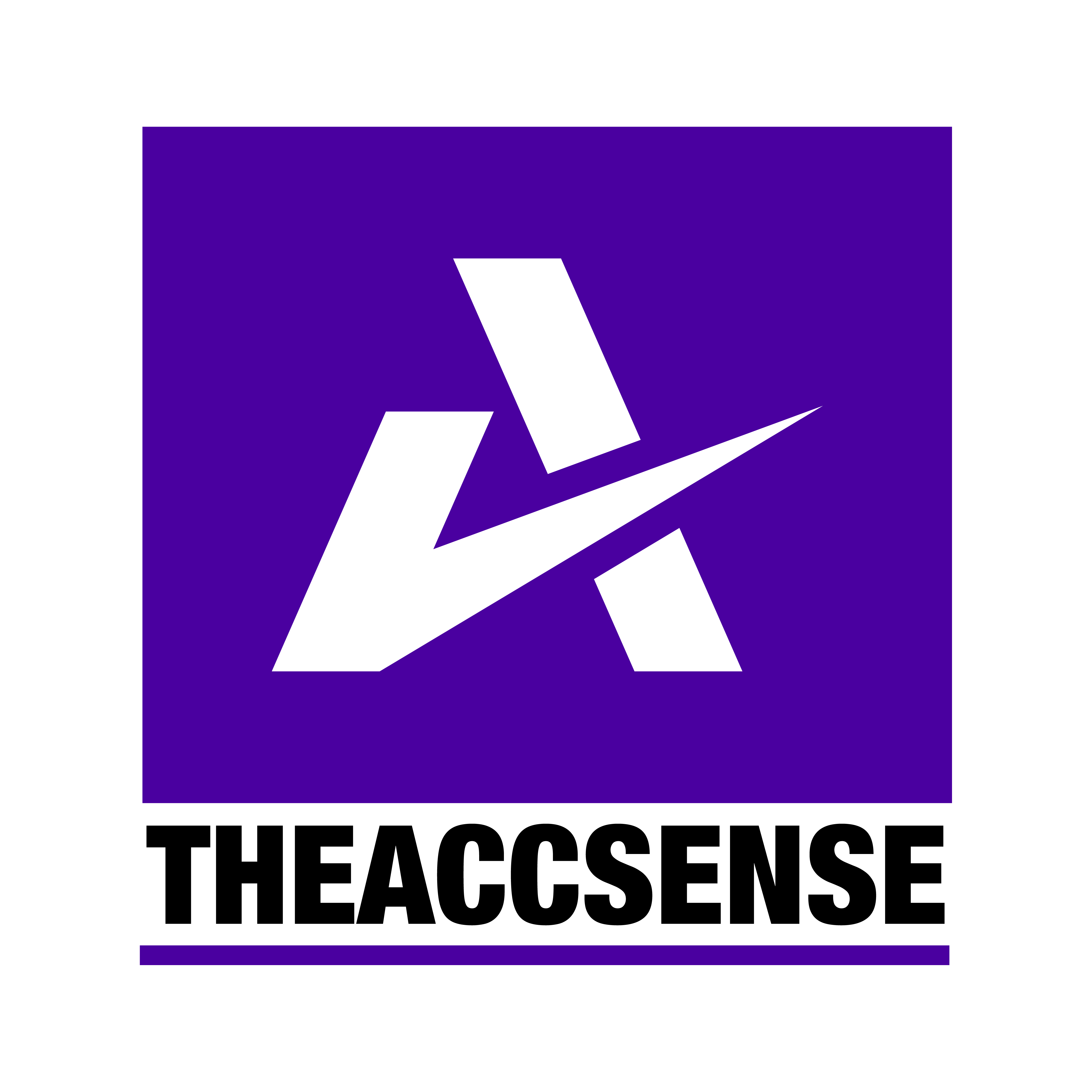The IFRS Interpretations Committee (“IFRIC”) has on 23 September 2021 issued a tentative agenda decision on the accounting treatment for cash received via electronic transfer as settlement for a financial asset. IFRIC discussed the issue in its September 2021 meeting.
Background of the issue on cash received via electronic transfer
In the submission to IFRIC, the submitter seeks guidance on the recognition of cash received via an electronic transfer system as settlement for a financial asset. The following are the fact pattern provided:
- The automated settlement process of the electronic transfer system requires 3 working days to clear a cash transfer. The cash will only be deposited in the recipient’s bank account two working days after the payer initiates the cash transfer.
- An entity has a trade receivable with a customer. At the entity’s reporting date, the customer has initiated a cash transfer via the electronic transfer system to settle it. The entity will only receives the cash in its bank account two days after its reporting date.
The questions are on the timing for:
- the de-recognition of the trade receivables.
- recognition of the cash transferred.
Specifically, whether the de-recognition of the trade receivables and recognition of the cash transfer take effect:
- on the date the payee initiates the transfer (i.e., at the reporting date); or
- when the cash transfer is settled (which is after the reporting date).
IFRIC tentative agenda decision
Based on the fact pattern submitted to IFRIC, both the trade receivable and the cash are financial assets within the scope of IFRS 9 Financial Instruments. Having said this, the entity will need to apply the relevant paragraphs in IFRS 9 in determining the date to derecognise as well as to recognise the financial assets (i.e. trade receivable and cash).
IFRIC observes that in the fact pattern provided, the entity did not purchase or sell a financial asset. Accordingly, paragraph 3.1.2 of IFRS 9 on regular way purchase or sale of a financial asset is not applicable.
De-recognition of the trade receivable
IFRIC made reference to paragraph 3.2.3 of IFRS 9. It requires an entity to de-recognise a financial asset when and only when the contractual rights to the cash flows from the financial asset expire, unless an entity transfers a financial asset.
In determining when such the contractual rights expire, it is a legal matter. It depends on specific facts and circumstances of the transaction. This includes the applicable laws and regulations and the characteristics of the electronic transfer system.
If the entity’s contractual right to receive cash expires only when the cash is received, then, it derecognises the trade receivable when it receives the cash in the bank account (i.e. after the reporting date).
Recognition of cash received (or another financial asset)
For the recognition of cash, IFRIC made reference to paragraph 3.1.1 of IFRS 9. The paragraph requires an entity to recognise a financial asset only when and only when it becomes party to the contractual provisions of the instrument.
Based on the fact pattern, the entity is party to the contractual provisions under which it has the contractual right to obtain cash from the bank for amounts it has deposited with that bank. Only when the cash is deposited in its bank account that the entity would have a right to obtain cash from the bank. Therefore, the entity will only recognises cash as a financial asset on the transfer settlement date – and not anytime earlier.
Having said this, the entity recognise any financial asset received as settlement on the same date it derecognises its contractual rights on the trade receivable. An entity would not recognise cash received as settlement for a trade receivable before it derecognises the trade receivable.
Conclusion
In practice, this issue is also applicable when payees make payment through cheque. In such a situation, the cheque is subject to:
- The timing the entity present the cheque to the financial institution.
- Clearance of the cheque by the financial institution.
The question is whether the principles applied in this issue is applicable if settlement is through cheque? Something that you may also want to consider.
Take note that it is common for invoices include a fine print. The fine print indicates that clearance of indebtedness is only upon receiving cash. In such a situation, it is possible for the de-recognition of trade receivable and recognition of cash to take place at a later stage of the payment cycle.
As part of the due process, the tentative agenda decision is open for public comments. Public can provide feedback to the tentative decision by 25 November 2021. We will update you again once IFRIC finalised its decision after the comment period.

